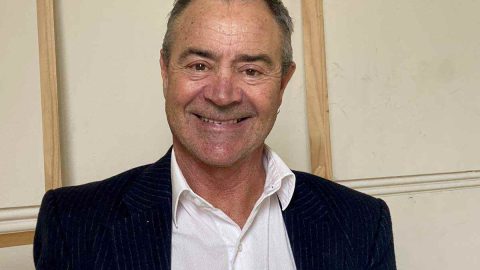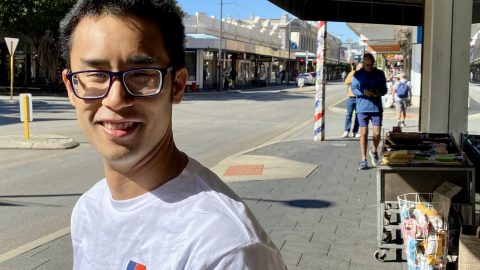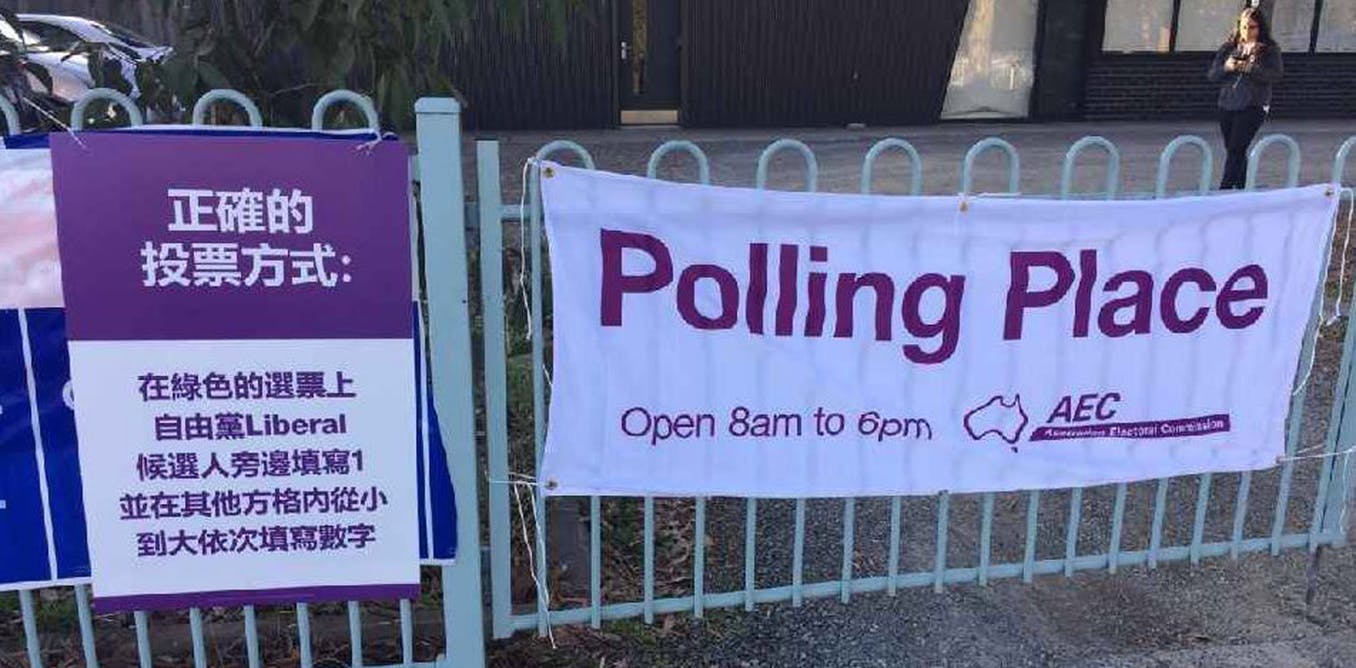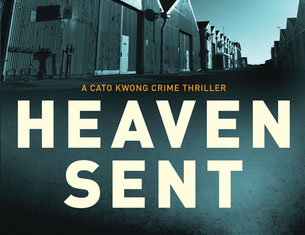Following the McGowan Labor Government’s landslide victory at the March State general election, many, including your editor, hoped the time had at long last arrived where the concept of ‘One Vote, One Value’ would prevail in Western Australia’s system of representative government, at all levels of Parliamentary representation.
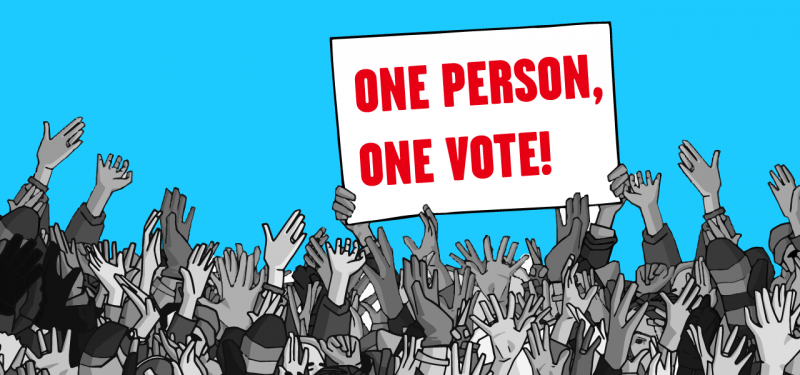
The issue has a very long political history in Western Australia in many ways culminating in the 1996 High Court case of McGinty v Western Australia., The former WA Attorney General and Member for Fremantle, Jim McGinty challenged the malapportioned WA electoral system claiming it couldn’t be said the elected members of Parliament were ‘directly chosen by the people’, as required by the Australian Constitution, in light of he malapportionment. The Court rejected the argument on the basis hat the test allowed a degree of electoral flexibility in designing an electoral system. Justice John Toohey from WA was the lone dissenting judicial opinion on the question, he considering the test should be applied according to the times.
If anything, the High Court’s decision only served to emphasise the severity and unfairness of the malapportioned WA electoral system, especially in the Legislative Council – the upper house – in the late 20th century.
That we had then, and continued to have 25 years after the McGinty case, an electoral system in the the upper house, where the vote of an elector in a region of the State distant from the metropolitan area of Perth, could count for up to six times the value of the vote of an elector in the metropolitan area, seemed plain wrong. Plainly out of step with modern democratic ideals.
That the upper house – voted in under such an unfairly weighted system – could hold the popularly elected lower house to ransom on a range of important legislation only served to highlight the unfairness of the system.
I know some will continue to ask why there shouldn’t be an electoral weighting in favour of low population – distant regions of the State. But for me the question has always been, Why should there be? In a democracy, why shouldn’t there be equality of votes regardless of where an elector lives? One vote, one value?
The regions are important, but the metropolitan areas are too. The residents of all parts of he State are entitled to cast votes that have equal value in an election and in the operation of the elected government.
Soon after the March general election was won, the Government, by the Attorney General and Minister for Electoral Affairs, John Quigley set up a Ministerial Expert Committee on Electoral Reform chaired by Malcolm McCusker AC CVO QC, an eminent barrister and also Western Australia’s 31st Governor, along with three eminent electoral and constitutional law experts: Professor John Phillimore, Professor Sarah Murray and Professor Martin Drum.
The Committee’s Terms of Reference asked it to review the electoral system for the Legislative Council and to provide recommendations on two matters:
1. How electoral equality might be achieved for all citizens entitled to vote for the Legislative Council; and
2. The distribution of preferences in the Legislative Council’s proportional representation system.
Accordingly, the Committee’s role was defined by and limited to the Terms of Reference.
The Committee was not asked to recommend to the Government whether or not it is desirable to achieve electoral equality for Legislative Council elections.
The Committee’s task was to recommend how “electoral equality” might be best achieved.
Nor was the Committee asked to consider either abolition of the Legislative Council (as happened in Queensland in 1922) or a reduction in its membership (each of which would require a referendum).
The Committee’s final report was tabled in Parliament his week and the Government has immediately introduced legislation implementing the Committee’s recommendations.
So what did the Committee recommend?
The Committee recommended that for Legislative Council elections the whole of the state of Western Australia be one electorate instead of the present system, where there are 6 members elected for each of the 6 “regions”.
This, the Committee said, will achieve electoral equality. “Whole of State” electorates have been in use for some time in New South Wales and South Australia.
The Committee also said that Whole of State electorate should be established in conjunction with the abolition of Group Voting Tickets and the introduction of Optional Preferential Voting, which will give voters greater control over their preferences.
The Committee noted that it is evident from the experience of other jurisdictions, there will be a need to introduce additional regulation of parties and candidates, so that the ballot is reserved for groups and candidates who can demonstrate popular support.
The Committee also suggested other technical measures which may assist in managing the ballot paper.
Finally, the Committee has mentioned a number of related issues which arose during the submission period which may be considered in the future.
The specific recommendations made by the Committee were as follows –
On the first First Term of Reference –
Recommendations as to how electoral equality might be achieved for all citizens entitled to vote for the Legislative Council:
1. That the State of Western Australia be one electorate (the Whole of State electorate) from which all members of the Legislative Council are elected.
On the Second Term of Reference –
Recommendations for the distribution of preferences in the Legislative Council’s proportional representation system:
2. That Group Voting Tickets be abolished and replaced with Optional Preferential Voting for the WA Legislative Council with voters instructed on the ballot paper as follows:
• For voters Above the Line, to mark one or more squares.
• For voters Below the Line, to mark a specified minimum number of squares.
(As further explained in the Report, this number will depend on the number of candidates being elected.)
On the topic of related measures, the Committee said –
3. That the following be introduced:
• Registration of political parties at least 6 months prior to a general election, with a registration fee and at least 500 declared members for each party, who have not been declared as members in the registration of another political party.
• Increase the nomination fees per candidate.
• At least 3 independent candidates be required to form an Above the Line group.
• That a significant number of electors be required to nominate an independent
candidate. These electors must not have nominated another candidate.
4. That measures be considered to manage the size and design of the ballot paper as further suggested in of the Report.
5. That the measures discussed in Chapter 4 of the Report also be considered, to improve the electoral system.
The Chapter 4 Related issues are interesting and deal with –
* Turnout in regional and remote communities
* Electors who reside overseas
* Facilitating a regional presence of MLCs
* Methods of voting
* Civics and education
In a media statement issued yesterday by the Premier, Mr McGowan and the Attorney General and Minister for Electoral Affairs, John Quigley, the Government announced the introduction to Parliament of the Constitutional and Electoral Legislation Amendment (Electoral Equality) Bill 2021 to produce electoral equality based on the Committee’s recommendations.
The result, they said, would be that every vote for Legislative Council candidates will carry equal weight in a single, State-wide electorate under historic reforms introduced to State Parliament to improve fairness in Western Australia’s voting system.
The statement also said that ‘democratic reforms’ of WA’s electoral laws will also do away with ‘preference harvesting’ using Group Voting Tickets, which enabled secret preference deals that allowed a minor party candidate to be elected on just 98 primary votes at this year’s State election.
The reforms are based on the recommendations of the Final Report by the independent Ministerial Expert Committee on Electoral Reform, which has been tabled in Parliament.
The statement emphasised that under the Bill, WA will join other States and the Commonwealth in abolishing Group Voting Tickets and introducing optional preferential voting, to diminish the impact of secret preference deals.
This will give electors the choice of selecting one or more parties above the line or as many candidates as they choose, subject to a minimum of 20, below the line. In one region at the last election, electors had to vote for all 64 candidates if they chose to vote below the line on the ballot paper.
The ultimate result of the Bill, if enacted, will be to abolish the three metropolitan and three non-metropolitan regions in favour of a single electorate comprising the entire State, as exists in the New South Wales and South Australian Legislative Councils. This would also also mirror the Commonwealth Senate, where WA is one electorate which elects ‘Senators for Western Australia’, not for a particular district or region.
Currently in WA, the six regions each return six Legislative Councillors, despite having quite different populations. The independent Ministerial Expert Committee found the best way to overcome this unfair vote weighting, which gives some electors more than six times the say of their fellow Western Australians, was to implement a single State-wide electorate.
Under the whole State electorate, the Government says regional representation is enhanced with 37 Legislative Councillors representing the whole State. Parties and candidates could locate their electorate offices wherever they choose across the State and additional resourcing for regional members of Parliament will remain. This will give the President, like the Speaker of the 59-seat Legislative Assembly, a meaningful casting vote.
The Premier Mr McGowan said yesterday –
“The March 2021 State election clearly demonstrated that the current system was outdated, broken and not operating in the best interests of democracy.
“The Group Voting Tickets system in the WA Legislative Council has been roundly criticised.
“In addition, the Council currently is the most undemocratic of any State or Territory in Australia. It lags behind most parliaments in the developed world.
“I thank the members of the independent expert panel for thoroughly reviewing the electoral system for the Legislative Council, and to everyone who had their say by making a submission on this important reform.”
Minister John Quigley said –
“Equality is the cornerstone of democracy and in modern Western Australia everybody’s vote should carry the same weight regardless of where they live.
“At the last election for the Legislative Council, a vote in Kalgoorlie was worth three and a half times a vote in Albany. A vote in Wundowie was worth four times more than a vote in Wooroloo, just nine kilometres away.
“WA has previously phased out enhanced voting rights based on land ownership, race, gender and wealth. This is the necessary next step to bring about full voting equality.
“It is similarly beyond time to end the practice of ‘preference harvesting’ in WA. The community was rightly dumbfounded this year when one Legislative Councillor was elected on 98 votes while 27,000 votes could not secure a seat elsewhere.
“These are sensible and proportionate reforms which will enhance the franchise of all Western Australians and adopt electoral best practice from interstate and overseas.”
So, there we are.
Upper house electoral equality arrives. A malapportioned upper house electoral system dies. The decision in McGinty v Western Australia reversed. The late Justice John Toohey vindicated.
And you can’t manipulate the system any longer to get yourself an upper house seat with 98 primary votes.
At last!
PLEASE HELP US TO GROW FREMANTLE SHIPPING NEWS
FSN is a reader-supported, volunteer-assisted online magazine all about Fremantle. Thanks for helping to keep FSN keeping on!
* This article was written by Michael Barker ,editor, Fremantle Shipping News
